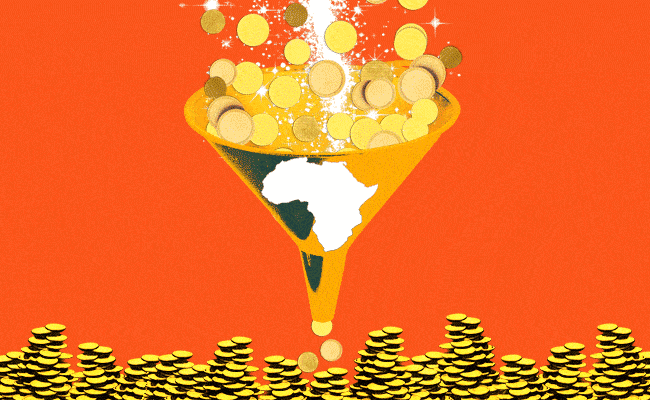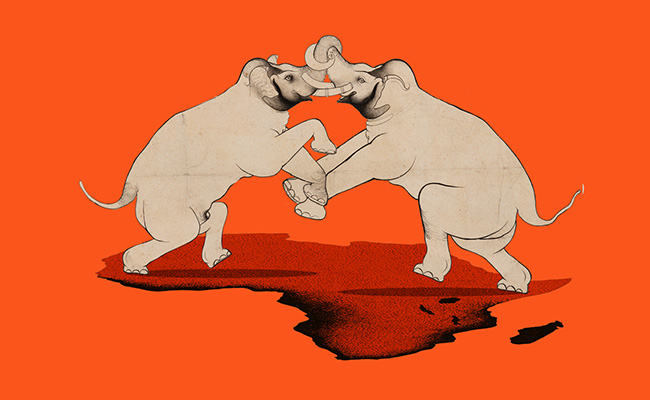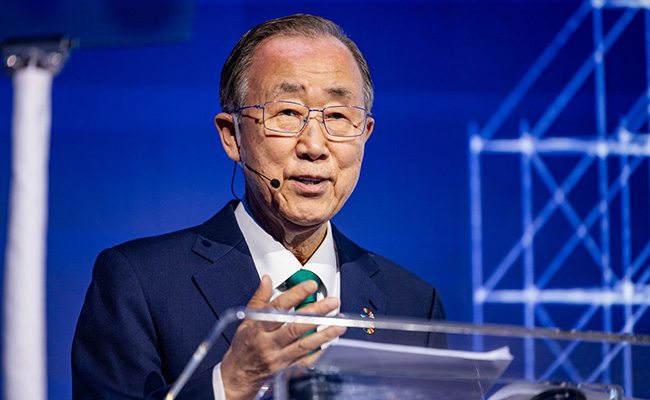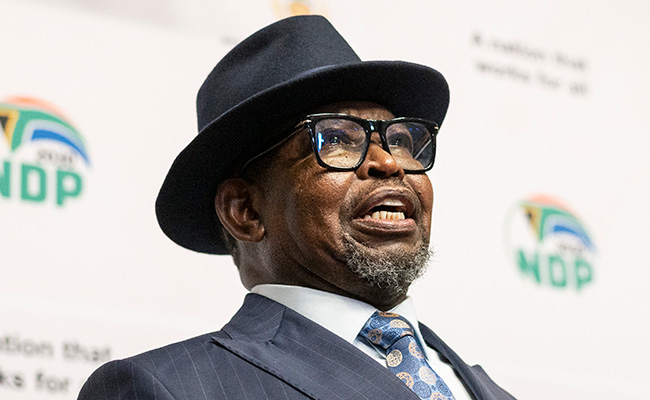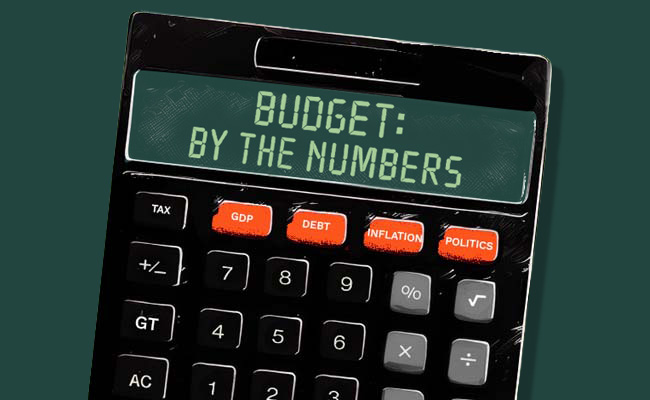By any measure, Nigeria’s economy has pulled back from the brink. In its Nigeria Development Update for October 2025, the World Bank paints a picture of an economy finally beginning to steady after years of turbulence – but one still struggling to translate macroeconomic repair into better lives for ordinary Nigerians
Since mid-2023, the administration of Asiwaju Bola Tinubu has taken a series of politically painful but long-overdue steps: removing the fuel subsidy, unifying multiple exchange rates, halting the monetisation of deficits, and tightening monetary policy. These moves have prevented a fiscal meltdown and coaxed foreign exchange markets back towards a “willing buyer, willing seller” system.
The result has been a fragile but real revival. GDP grew 3.9% in the first half of 2025, led by surging services – ICT, finance and real estate – while the oil and gas sector, boosted by prominent businessman Aliko Dangote’s new refinery, expanded by more than 10%. Foreign reserves climbed past $42bn, inflation eased from April’s 27.6% annualised pace to 12.9% in August, and the current account swung to a 6% surplus of GDP.
In short, the macro numbers finally look respectable. The World Bank even projects growth to rise to 4.4% by 2027, provided global conditions hold.
But the gains are precarious – and, more worryingly, unevenly shared.
Behind the bright macro headlines lies a darker social ledger. Between 2019 and 2023, average consumption fell 6.7%, while poverty soared from 40% to 61% – an estimated 139-million Nigerians now live below the national poverty line. Urban households, less cushioned by subsistence farming, bore the brunt.
Inflation remains the cruellest tax. Even as headline rates moderate, food inflation – running above 25% – continues to squeeze real incomes. For the poorest households, which spend roughly 70% of their income on food, the price of basic staples has risen fivefold since 2020.
The World Bank blames Nigeria’s byzantine import restrictions – high tariffs and outright bans on rice, wheat, meat, sugar and even fertilizer – for entrenching monopolies, shrinking competition and keeping yields low. Domestic bottlenecks compound the problem: insecurity in the north, poor storage, bad roads and erratic power. Together, they turn every meal into a policy failure.
Fiscal reform has been a mixed success. Non-oil tax revenues – notably VAT and company income tax – have surged, and overall federation revenues rose to 9.5% of GDP in the first eight months of 2025, from 7.6% a year earlier. Yet the federal government remains fiscally squeezed. States, flush with higher transfers from the Federation Account, are enjoying surpluses and ramping up capital spending, while Abuja faces widening deficits as wage and interest costs balloon and capital spending execution languishes at a paltry 25%.
The report urges the federal government to bring transparency to the national accounts – for example, by distinguishing between debt repayments and spending – and to rationalise the myriad deductions and “agency retentions” that erode distributable revenue. Without such clarity, warns the bank, reform momentum will fade under the weight of suspicion.
Extending fiscal sovereignty to social policy
Perhaps the starkest finding concerns social protection. Barely 6% of Nigerians were covered by formal safety-net programmes in 2023, down from nearly one-fifth in 2018. Spending remains a negligible 0.14% of GDP – compared with 1.5% globally.
The bank recommends anchoring a permanent, domestically funded cash-transfer system using Nigeria’s impressive National Social Registry, which already covers 86-million citizens. The logic is simple: fiscal sovereignty must extend to social policy. Depending on donor funding, it argues, makes poverty relief episodic and politically capricious.
The gains are fragile. Global trade disruptions, lower oil prices, or domestic “reform fatigue” could easily derail progress. Inflation expectations remain high, and the debt-service-to-revenue ratio, hovering at about 120%, is among the worst in emerging markets.
Yet the tone of this Development Update is strikingly more hopeful than past editions. Nigeria’s long-awaited macro reset is working – on paper, at least. But the central message is unmistakable: reforms are necessary, but not sufficient. Stability, yes; prosperity, not yet.
The test now is whether policy can make the leap – from the comfort of spreadsheets in Abuja to the kitchens of Lagos, Kano and Calabar – and finally, as the report’s title suggests, bring the reform gains home.
Sign up to Currency’s weekly newsletters to receive your own bulletin of weekday news and weekend treats. Register here.




